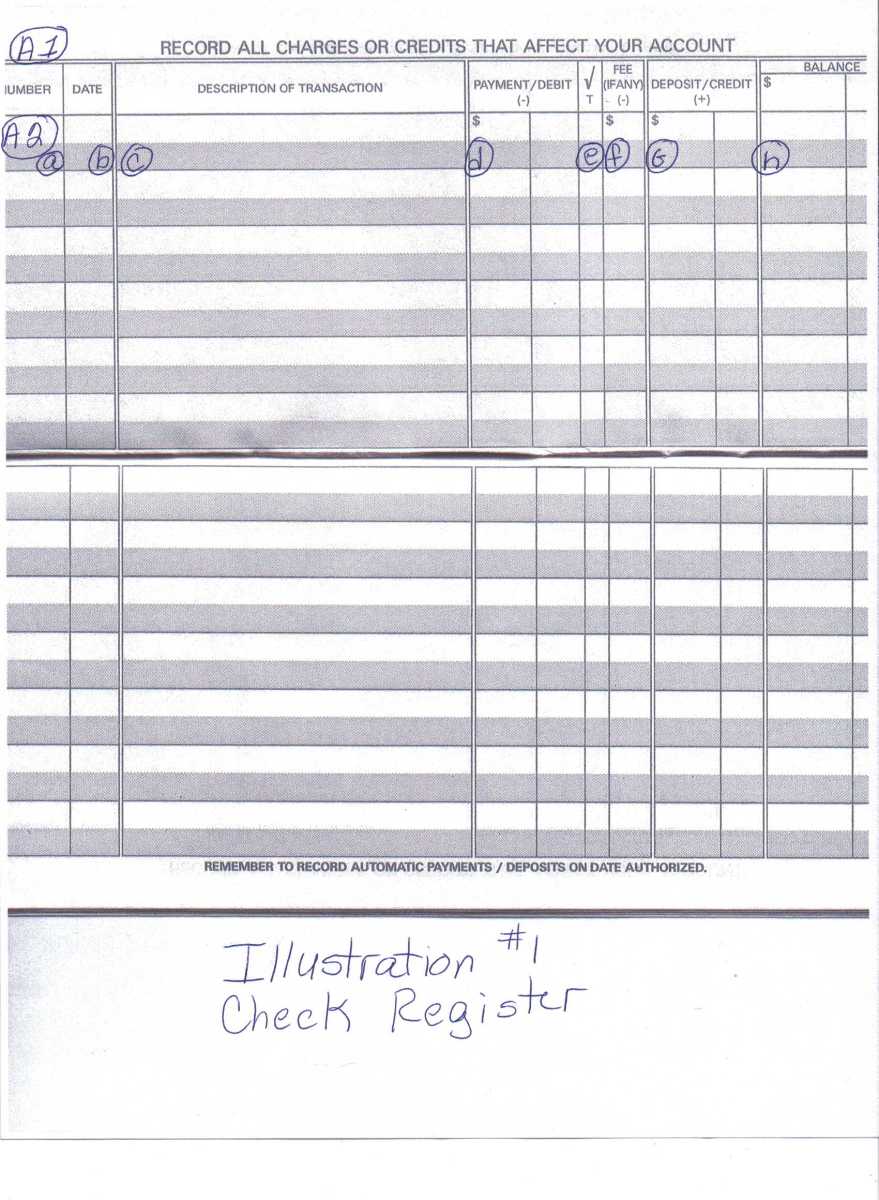Stupid Laws - How They Happen And Why Many Of Them Still Exist!
One of the many things that the internet has revealed is the many stupid laws that exist all over the world. Looking up strange and weird laws on the internet has become a fad today. It is one of the most popular searched items in most search engines. Unlike other internet jokes however, the phenomenon of dumb laws has gone a long way in changing people’s perceptions about law and how they affect lives in different parts of the world. In some instances, the popularization of stupid laws has even led to some of them being considered for modification. –
The Things People Do
The idea of publishing dumb laws as a source of entertainment is not something new - prior to the internet, many joke books, magazines and even ordinary newspapers would publish these laws as interesting tidbits. But these were usually limited and the features were usually small - after all, gaining access to strange laws from around the world is not an easy thing to accomplish! But the internet changed all that - more people from all around the world were able to give feedback about the strange laws in their own hometowns. It also became easier to access and publish antiquated legal rulings from different places as well. Today, it’s not uncommon to stumble upon a list of strange laws that has legal absurdities from small-town America to Saudi Arabia. The creation and in some cases, the perpetuation of absurd laws seems to be something that can be seen all around the world. In many cases, these laws are simply left un-enforced because repealing them can be a lengthy process that can also cost a fair amount of money.
Nowadays, it’s not uncommon to find news websites who dedicate a page to the Top Ten strangest laws in the world. The internet has a number of websites dedicated to odd laws - these include regular updates of new rulings from around the world, user comments as well as strange laws sent in by site visitors. Just for fun, people can create their own weird laws, as well. The side effects of the internet on the phenomenon of strange laws have been manifold. For instance, the internet has proven to be a worthy tool to propagate strange laws that aren’t necessarily true - this in turn has led to a slew of virtual urban legends. A good example of this is the strange law that stated a sorority house was illegal because if it contains a certain number of single females living together, it is technically a brothel. This law has since been proven to be a hoax but has gained considerable mileage on the internet. Many of these kinds of hoaxes are usually spread via chain letter emails. In many cases, people have simply made up strange and funny laws and passed them through cyberspace, as well.
However for many people, commonly misunderstood strange laws have only been found to be false, thanks to the internet. Perhaps one of the most famous is the Twinkie Defense that was used by Dan White’s lawyer in the murder case of Harvey Milk. It is popularly believed that White’s lawyer was successful in making the jury believe that White’s judgment had been impaired because he had eaten too much junk food and Twinkies. The truth is that White had been severely depressed and that the junk food consumption was a symptom, in other words it was evidence of this depression. This was clearly stated and researched by a well-known website.
Why It Happens
When most of us come across an incredibly strange or absurd law, the first thing we tend to ask ourselves is ‘how did something like that even get passed?’ In many cases, the laws are incredibly odd - a good example of this is the law that states that camel-hunting is illegal in the state of Arizona. What makes this law so weird is that there are no camels in Arizona! Why would anyone go through the trouble of making a law for an animal that doesn’t even exist in that area? But this law is a good example of how antiquated laws which may have made sense long ago simply make no sense today. History shows us that back in 1856 and 1857, camels were actually imported to that region in order to help haul supplies across the desert for the army. Many other businesses, like the mining industry also started to use camels. In this case, it would make perfect sense to outlaw camel hunting. Unfortunately, the use of camels soon wore out after a number of them escaped - in some cases, the owners would simply let loose private herds of camels if they had no use for them. Reports of seeing camels in the area however continued to come in, well into the 1950s. Today however, the Arizona Game and Fish Department states that they have no regulations regarding camels. Another example of an archaic law sounding strange today is ‘In Globe, it is illegal to play cards in the street with a Native American.’. This law however, would have made perfect sense many years ago when the white settlers had different laws for non-whites. Apart from that, back in those days, gambling itself was not looked upon kindly. In Iceland, there is a strange law that states that it is illegal to blow on lampposts. This too makes sense when we remember that in Iceland; most street lamps were once lit with either candles or oil. It’s clear that learning about the history of a lot of these strange laws is a fun and interesting way to learn about different cultures and how things have changed with time.
A large number of strange and absurd laws can also be found to have a strong connection with religion. In fact, some of the weirdest laws in the world involve the prohibition of doing certain harmless activities on a Sunday. These laws are known as Blue Laws and the majority of them are found in America, though other countries are also known to have strange laws in connection with the main religion. Today, many of these laws have been repealed though in a lot of cases, they simply aren’t enforced anymore. However, in many areas a lot of people still follow these rules simply because they have gotten used to them. The majority of these laws are also connected to the sale of alcohol and gambling. Some of the more hilarious Blue Laws include the prohibition of car sales on a Sunday, the singing of vain songs on Sunday, and the closure of car lots and the banning of hunting on Sundays. It is clear that these laws were originally passed so that people would spend their Sundays in church!
Whatever the reasons for their origin, there’s no doubting the fact that some laws are just so bizarre that they are good for a laugh. Some of the most popular ones are absurd just in the way they are worded - a good example of this is the one that states ‘In Lancashire, no person is permitted after being asked to stop by a constable on the seashore to incite a dog to bark.’ Some laws are clearly rooted in the past, such as the one that says ‘In London, it is illegal to flag down a taxi if you have the plague.’ A number of laws are simply bizarre in the sense that it’s hard to understand why anyone would want to do these things in the first place! Some good examples of these kinds of laws are the ones that state ‘It is illegal for a cab in the City of London to carry rabid dogs or corpses’ and ‘In Alabama, it is illegal for a driver to be blindfolded while driving a vehicle.’
As the internet has provided a platform for these strange and silly laws to be read by people all over the world, many changes have taken place. In some areas, their strange laws today seem so absurd that steps have been taken to repeal them, even if they aren’t enforced. In other areas, where antiquated laws are still in place, steps have sometimes been taken to repeal or modify these rulings. In any case, it’s clear that stupid laws are far more than just a funny thing to share with a friend. They are an internet phenomenon of global proportions, which has served to educate people from all over the world. In the case of a hoax, the internet also provides a platform for people to dispel falsehoods and show things to true light. This is something that simply couldn’t happen on a global scale before. Perhaps one of the most striking things this has achieved is that it has shown that strange laws are made everywhere, no matter which country, culture or religion you come from. Oddly enough, many of these laws also make sense if you learn and understand a little more about what the circumstances where when these laws were established. In this way, many people have learned about other cultures and places in the world.






